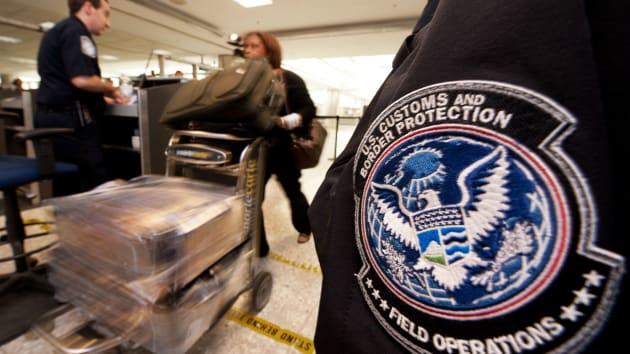US customs officials said Wednesday they had seized a shipment of products made from human hair believed to be made by Muslims in labor camps in China’s western Xinjiang region.
They were part of an $800,000, 13-ton shipment from Lop County Meixin Hair Product Co. US Customs and Border Protection ordered on June 17 that the company’s goods be held on grounds it uses prison and forced labor, including from children.
“The production of these goods constitutes a very serious human rights violation,” said Brenda Smith, executive assistant commissioner for trade at CBP. “The detention order is intended to send a clear and direct message to all entities seeking to do business with the United States that illicit and inhumane practices will not be tolerated in US supply chains.”
US Customs & Border Protection announces seizure of products made with human hair from Xinjiang, China "indicating potential human rights abuses of forced child labor & imprisonment."
Seizure:13 tons of hair products worth $800,000+ from the Lop County Meixin Hair Product Co Ltd pic.twitter.com/6aiqbvScmC— Ivan Watson (@IvanCNN) July 1, 2020
Lop County Meixin was the third Xinjiang exporter of human hair — typically used in weaves and extensions — to be blacklisted in recent months for using forced labor.
The announcement came as the US State, Commerce, Treasury and Homeland Security departments warned US businesses to beware importing goods through supply chains that involve forced or prison labor in Xinjiang and elsewhere in China.
And they also warned companies against supplying surveillance tools to be used by authorities in Xinjiang or aiding in the construction of facilities used in the mass detention of Muslims and minorities in the province.
The Chinese government “continues to carry out a campaign of repression in Xinjiang, targeting Uyghurs, ethnic Kazakhs, ethnic Kyrgyz, and members of other Muslim minority groups,” the State Department said.
Businesses that expose themselves to this “should be aware of the reputational, economic, and legal risks,” they said.























